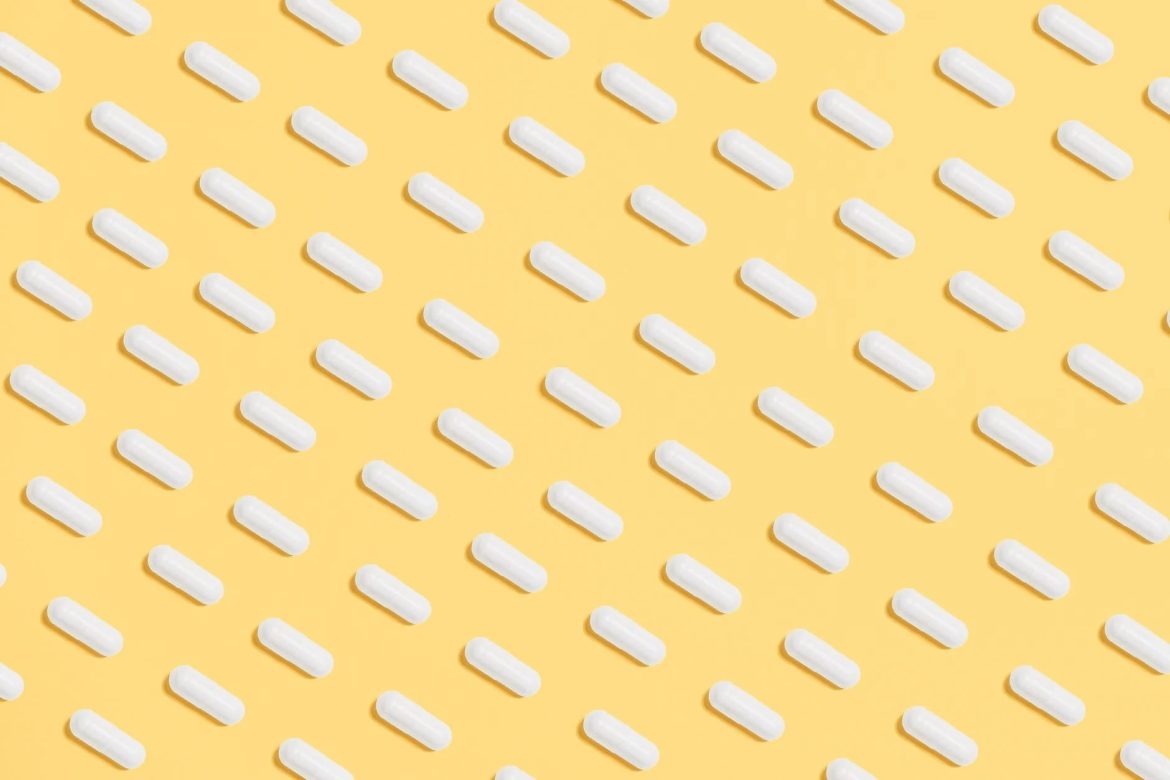A massive new longitudinal study (i.e. one taken over time) of almost 20,000 adults showed that taking Vitamin D supplements didn’t do anything to help prevent depression or improve mood in adults over 50 years old.
The specs: Half of the group took 2,000 IU of Vitamin D and the other half were given a placebo for roughly 5 years, and at the end of the study, there wasn’t any statistically significant difference in the risk of developing depression or improving mood between the two groups.
In short, it just didn’t work.
The researchers note that this was, by far, the largest and most rigorous study looking at Vitamin D and depression.
The takeaway: Vitamin D still has tons of health benefits*, but this is the largest, most definitive study of its effects on depression in older adults, and it’s a pretty damning indictment of its effectiveness.
Bonus takeaway: Studies like this are helpful for people who are told by health professionals that we can, basically, eat our way to mental health.
Yes, there’s evidence that food and vitamins can have some effect (for some), but in both my personal experience and that of my friends who’ve had depression/anxiety, food/vitamins/supplements haven’t helped.
In fact, the stress of trying to create a good “mental health diet” and the sheer monetary cost often trigger more anxiety.
That doesn’t mean it won’t work for you, but if you’re chugging vitamins, supplements etc, and finding yourself as depressed as ever, you’re not alone.
*I want to stress, though, that Vitamin D is still amazingly important for your body.
WebMd notes that there’s so much hard science about how good it is for us, that “it’s hard to know where accolades should start.”
It regulates your immune system, helping keep auto immune diseases at bay; it can help inhibit cancer cell growth, can lower high blood pressure, can strengthen your bones, and the list goes on.
So it’s great — just not for depression.
[photo: Anna Shvets, Pexel]

